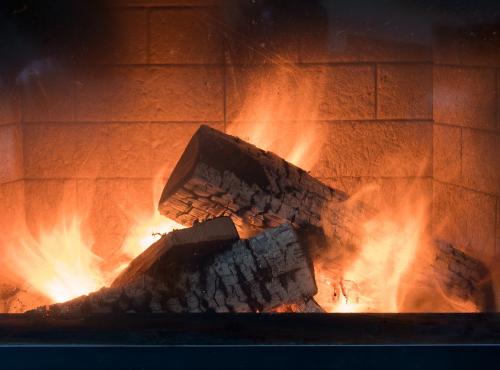Government accepts APPCOG’s recommendation to extend Carbon Monoxide Alarm regulations to all tenanted properties
Policy Connect are delighted that the government recognised the work of the APPCOG in its proposals to extend the regulations on carbon monoxide alarms, and urges all those interested in reducing avoidable CO deaths to respond to the government’s consultation.
The current consultation from the Ministry of Housing Communities and Local Government is open until 11 January, seeking views on extending the existing regulations to cover more types of appliances in more homes. In the consultation the government said it:
“welcomes the valuable work of the All-Party Parliamentary Carbon Monoxide Group (APPCOG) and the experts and stakeholders … agree[s] that the cost of alarms has fallen since 2010… want[s] to see a greater number of residents benefit from the protection and reassurance that carbon monoxide alarms can provide, [and] accept[s] APPCOG’s finding that limiting requirements to solid-fuel burning appliances has made the regulations complicated.”
Although the government has accepted the APPCOG’s recommendations, it is right and proper that it should now seek views on the detail. In particular, on whether installers should be required to include alarms when fitting a new or replacement appliance, and whether landlords should test, maintain, and replace CO Alarms, and actively remind residents to check alarms regularly.
Policy Connect supports the proposals and welcomes this renewed focus on CO Safety. However, the APPCOG is concerned that the proposals expressly exclude gas cookers. The justification for this is a cost-benefit analysis, essentially because many more people have gas cookers installed, extending the requirements to include them would come at an overall net cost when the cost to individuals is weighed against the public health benefit.
There are two reasons why we disagree with this exclusion. First, the government itself (Public Health England) has found that cookers cause more CO exposures than wood/coal-burning stoves do, but stoves are included. Second, as the consultation acknowledges, and as APPCOG has been saying for years (such as in our report Carbon monoxide poisoning: saving lives, advancing treatment), healthcare professionals are clear that the number of reported incidents represent the tip of the iceberg. So we welcome the fact that they government has said:
“...there are considerable uncertainties that the true number of minor injuries i.e. those not leading to fatality or hospitalisation, could be larger than estimated. It is the view of some medical experts that carbon monoxide poisonings are being wrongly diagnosed and therefore under-reported”
But this needs to be followed through into the recommendations; including a recognition that any cost-benefit analysis needs to acknowledge injuries and deaths could be much higher than official statistics. Sadly, it is likely that many people who suffer CO poisoning are never correctly diagnosed. This is because:
- Symptoms of CO Poisoning are difficult to identify, many are non-specific, such as headaches and tiredness, and therefore both individuals and medics may not identify and diagnose them
- Clear indicators of CO poisoning are only present in the blood for a short time once the person is removed from the source of the CO (although health effects from poisoning can last for years)
The study referenced in the proposals, which was supported by the Gas Safety Trust, found that 4.3% of individuals presenting at an Emergency Department with non-specific symptoms had markers in their blood (COHb) showing ‘unexpectedly raised’ levels of CO. If this is the case throughout the country, it would mean the population is suffering from a far greater prevalence of CO related injuries than currently recorded.
The APPCOG welcomes the spirit of the government’s consultation and hopes that the decision to exclude gas cookers will be reviewed. We hope that others will join us in responding to the consultation with this message. The APPCOG will publish a formal response to the consultation shortly.




